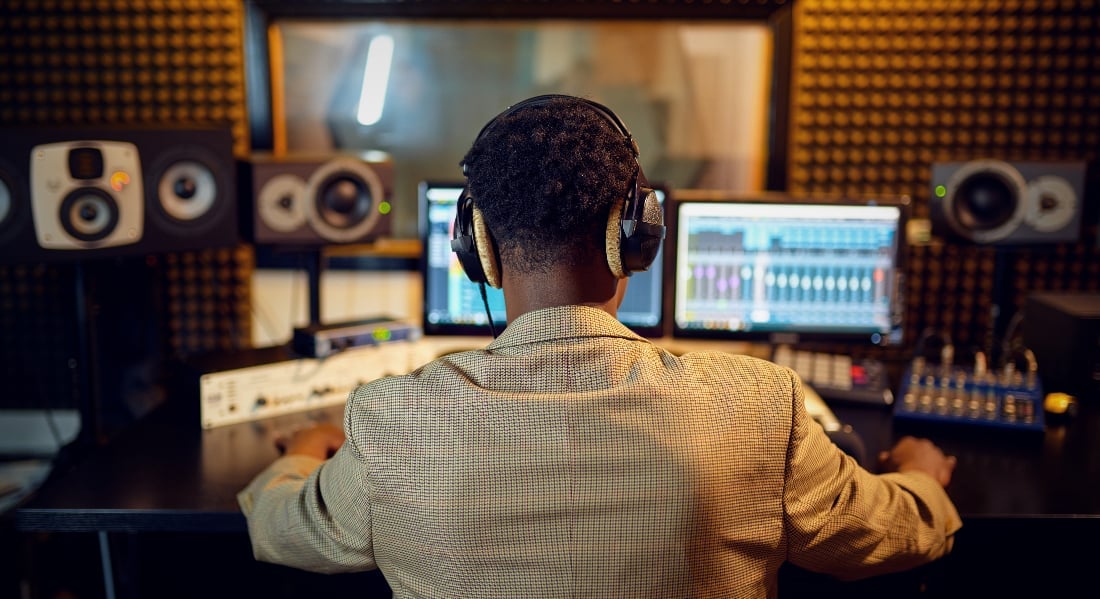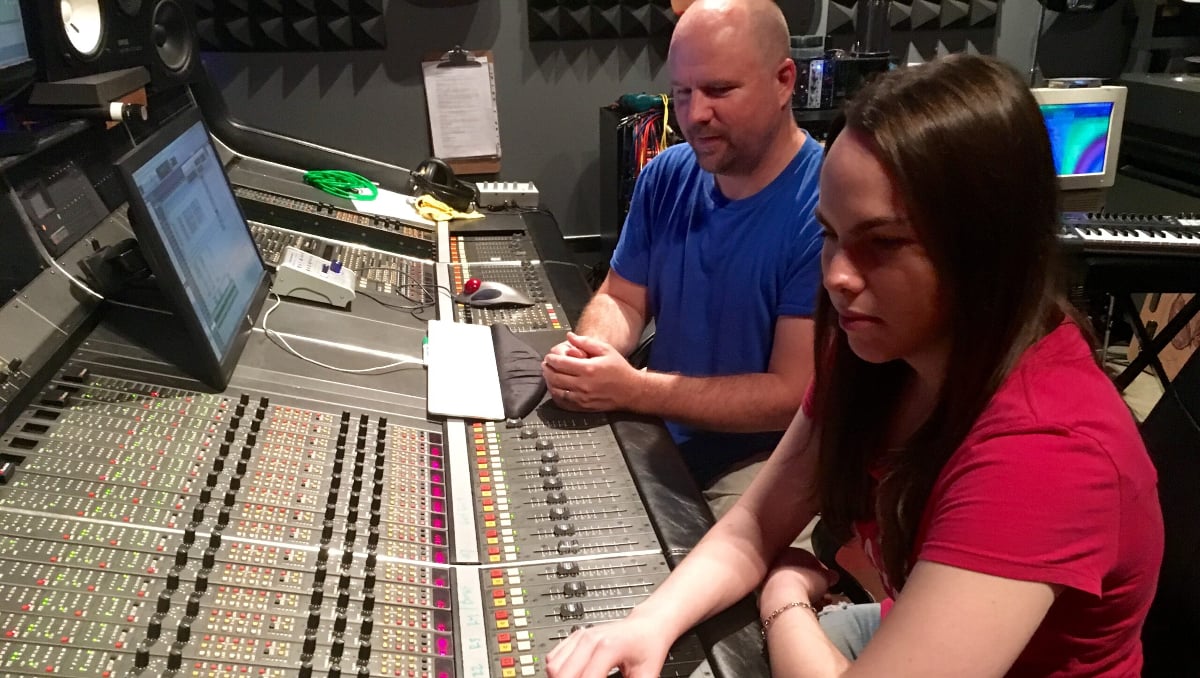What is a Music Engineer
A Music Engineer, also known as an Audio Engineer or Recording Engineer, is a professional who specializes in the technical aspects of recording, mixing, and manipulating audio in the music industry. They play a crucial role in capturing, shaping, and enhancing the sound quality of music recordings.
Music Engineers work in recording studios, live concert settings, broadcast facilities, or post-production environments. Their primary responsibility is to achieve high-quality recordings that accurately capture the artistic vision and desired sound of the musicians or producers they are working with.
They also edit or mix recordings to ensure the accuracy and flow of the recorded audio. This includes tasks like removing unwanted noises or mistakes, aligning tracks, trimming audio, and cleaning up any inconsistencies in the recordings. They use editing software and techniques to refine the recorded material. In some cases, Music Engineers also handle the mastering process, which is the final stage of audio production.
The role of a Music Engineer can vary depending on the specific context and requirements of the project. Some Music Engineers may specialize in specific genres or aspects of music production, while others may work in broader roles that encompass recording, mixing, and mastering across various music genres and formats.


What does a Music Engineer do
The primary responsibility of a music engineer is to capture, shape, and enhance the sound quality of music recordings. They oversee all the technical aspects of recording sessions, like setting up microphones to capture different instruments and vocals, managing signal flow and audio levels, and troubleshooting any equipment issues that might arise. It’s a complex process, but the end result is the perfect sound that makes your favorite songs so enjoyable to listen to.
Music Engineers use mixing consoles or digital audio workstations (DAWs) to adjust the levels, panning, equalization, dynamics, and effects of each track. They create an overall mix that highlights the artistic vision, balances the audio elements, and enhances the impact and clarity of the music. They remove unwanted noises, clicks, or glitches, align tracks, trim or fade audio regions, and clean up any inconsistencies.
They use mixing consoles or digital audio workstations to adjust all the different elements until they are perfectly balanced. It’s not just about making sure the levels are right or the pan is set correctly – they’re also responsible for making sure each track is enhancing the overall artistic vision of the song. By removing unwanted noise and inconsistencies, music engineers take the raw audio and turn it into a polished masterpiece.
Music Engineers are responsible for enhancing the sonic quality of the tracks during post-production, adding the perfect effects, and creating the desired aesthetic results. Apart from that, Music Engineers also undertake the final step of mastering, ensuring that the mix is ready for distribution, optimized for overall sound quality, consistent across tracks, and with the perfect adjustments and enhancements that create the final master audio files.
How do you become a Music Engineer
For almost any career, there are some foundational steps to take if you want to become a music engineer. Build a strong foundation of knowledge in audio engineering principles, recording techniques, signal flow, acoustics, and studio equipment to succeed in this field. You’ll also need to get familiar with Digital Audio Workstations (DAWs) as they are commonly used in music production.
Once you’ve built up your skills, you want to get as much practical experience as well. Find as many opportunities to work in the recording industry as you can, whether it’s externing in a recording studio, volunteering your time to work with local bands, or offering to assist other music engineers. Any chance to get yourself into a music production environment is worth pursuing.
By collaborating with fellow engineers, musicians, and producers, you can expand your network, learn from their experiences, and start building your own experience. While not strictly necessary, a formal education in audio engineering or a related field can provide a solid foundation, too. As you gain experience you’ll need to create a portfolio showcasing your work.
At every step, demonstrate professionalism, reliability, and a strong work ethic. Be attentive to detail, communicate effectively, and meet deadlines. Develop good interpersonal skills to collaborate effectively with artists, musicians, producers, and other professionals in the industry. The more experience you gain, the more opportunities you’ll have to work on diverse projects, refine your craft, and establish yourself.









